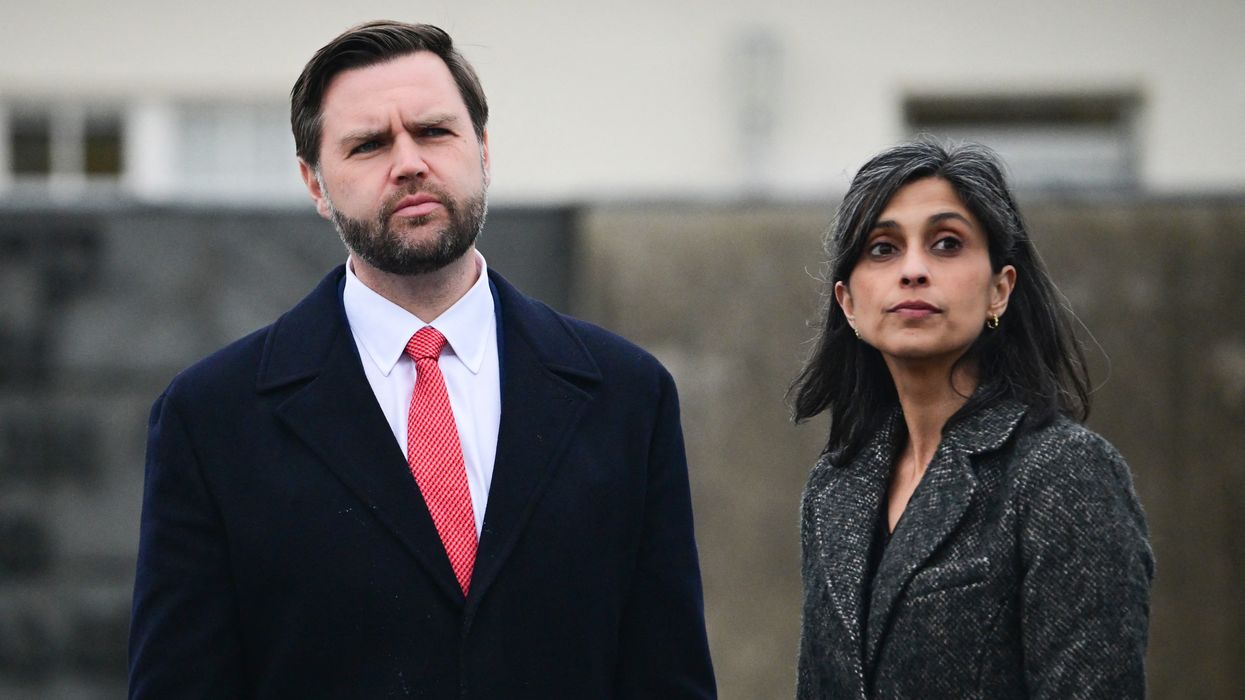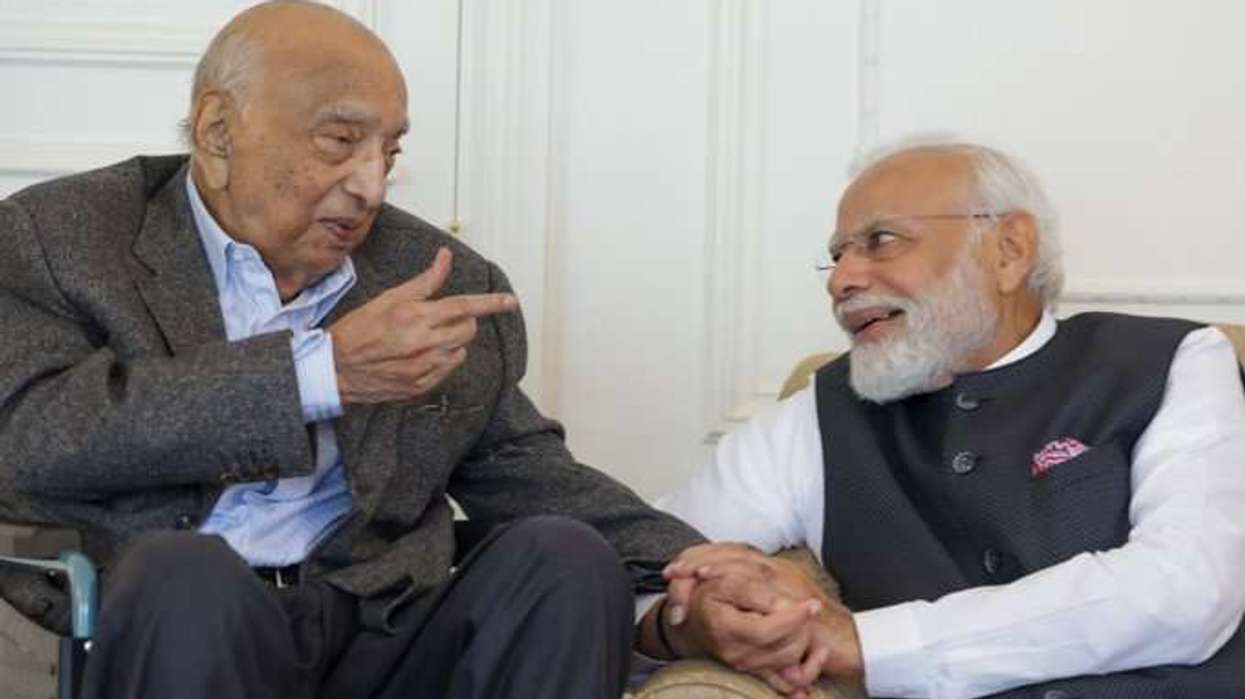US VICE PRESIDENT JD Vance and his wife Usha will visit India from April 21 to 24. During the visit, Vance will meet prime minister Narendra Modi. The two leaders are expected to discuss the proposed bilateral trade agreement and ways to strengthen India-US ties.
India's Ministry of External Affairs (MEA) announced the visit on Wednesday. Vance's office also released a separate statement confirming the trip.
Vance’s visit comes amid growing global concerns over president Donald Trump’s tariff policy. Both sides are likely to discuss the trade deal, which aims to address issues related to tariffs, market access, and supply chains.
"This will be vice president Vance's first visit to India. During the visit, he will be meeting with prime minister Narendra Modi on April 21," the MEA said.
"The vice president and his delegation will have other engagements in Delhi and are also scheduled to visit Jaipur and Agra before departing for Washington, DC on April 24," it added.
Vance will be accompanied by his wife Usha, their children Ewan, Vivek and Mirabel, and senior members of the US administration.
According to the MEA, the visit will allow both countries to review progress in bilateral relations and implementation of the outcomes from the India-US Joint Statement issued on February 13, during Modi’s visit to the US. The two sides will also exchange views on regional and global developments.
Vance’s office said he will visit both Italy and India from April 18 to 24 to discuss "shared economic and geopolitical priorities with leaders in each country." In India, he will visit New Delhi, Jaipur, and Agra and will hold meetings with prime minister Modi.
The US statement also said that Vance and his family will take part in cultural engagements in India.
People familiar with the visit said Vance and his family are expected to visit the Red Fort soon after their arrival. Later in the day, he will meet India’s national security adviser Ajit Doval, external affairs minister S Jaishankar, and BJP president JP Nadda.
Modi will interact with Vance and his family — wife Usha, sons Ewan and Vivek, and daughter Mirabel — and host them for a formal dinner in the evening, the people said.
The Vances will travel to Jaipur on April 22 to visit key tourist sites and attend engagements, they added. The next day, they will travel to Agra to visit the Taj Mahal.
Vance’s visit takes place as the US faces global reactions to president Trump’s tariff decisions, which have caused trade disruptions and raised concerns about a global economic slowdown.
Earlier this month, days after reciprocal tariffs were introduced, Trump announced a 90-day pause on them for all countries except China.
US national security adviser Michael Waltz had also planned to visit India early next week, but the trip has been postponed, according to people familiar with the matter.
Before arriving in India, Vance will visit Rome, where he is scheduled to meet Italian prime minister Giorgia Meloni and Vatican secretary of state Cardinal Pietro Parolin. He will also participate in Easter ceremonies.
Vance’s visit follows a recent trip to India by US director of national intelligence Tulsi Gabbard. During her visit, Gabbard met Modi, India's defence minister Rajnath Singh, S Jaishankar, and NSA Doval.
Following Modi and Trump’s talks in Washington DC in February, both sides agreed to begin negotiations on the first phase of a bilateral trade agreement by the fall of 2025.
(With inputs from PTI)





